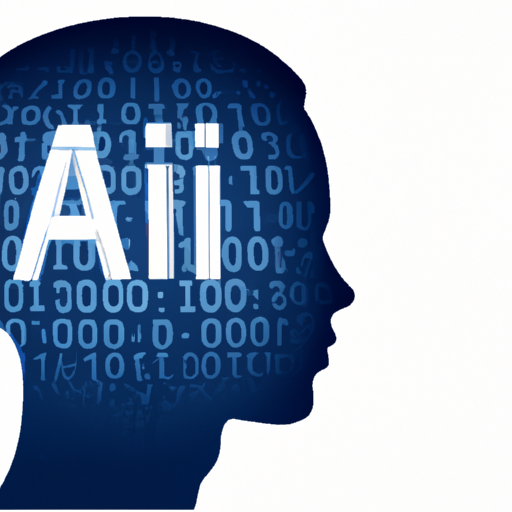Artificial Intelligence (AI) is not just a buzzword anymore; it’s a real and evolving technology that is transforming industries across the globe. From healthcare to finance, AI is making significant strides in improving processes and decision-making. In this article, we will explore the current applications of AI, its underlying technologies, and its potential future impact.
What is Artificial Intelligence?
At its core, Artificial Intelligence refers to the simulation of human intelligence processes by machines, especially computer systems. These processes include learning, reasoning, and self-correction. Machine learning, a subset of AI, allows systems to learn from data, identify patterns, and make decisions without human intervention.
Current Applications of AI
The impact of AI is evident in various sectors:
- Healthcare: AI is revolutionizing patient care through predictive analytics, personalized medicine, and robotic surgeries, leading to better patient outcomes.
- Finance: In the finance sector, AI algorithms analyze market trends, detect fraud, and automate trading processes, enabling smarter financial decisions.
- Transportation: From self-driving cars to traffic management systems, AI is enhancing safety and efficiency in travel.
- Customer Service: AI-powered chatbots are transforming customer interactions, providing real-time support and creating enhanced user experiences.
The Technology Behind AI
Several technologies enable AI to perform its functions effectively:
- Machine Learning: Algorithms that allow computers to learn from data and improve their performance over time.
- Natural Language Processing (NLP): This technology enables machines to understand and respond to human language, facilitating human-computer interaction.
- Computer Vision: AI systems can interpret and make decisions based on visual data, which is critical for tasks such as surveillance and quality control.
The Future of AI
The potential of AI is limitless. As technology continues to develop, we can expect to see significant advancements, such as:
- Improved AI Ethics: As AI becomes more integrated into society, ethical considerations will play a crucial role in its development and deployment.
- Increased Automation: More industries will embrace automation, leading to productivity gains and economic changes.
- Collaborative AI: The future may see AI systems working alongside humans, enhancing capabilities rather than replacing them.
Conclusion
Artificial Intelligence is set to redefine our world in the coming years. With its ability to enhance efficiency, improve decision-making, and generate innovative solutions, AI will be at the forefront of technological development. Embracing AI ensures that we are not just passive observers of this change but active participants in shaping a more intelligent future.






